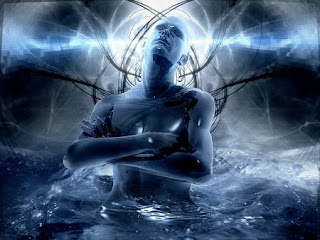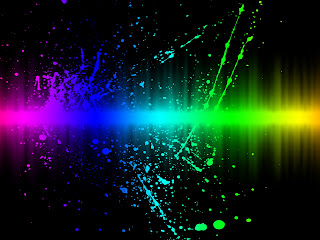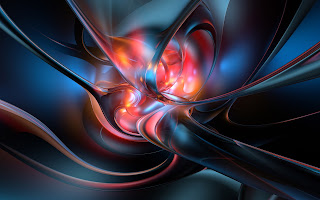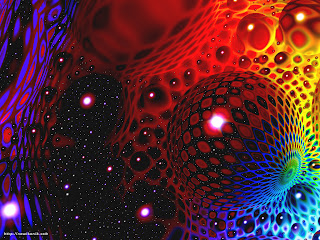 |
| Abstract 3D Wallpapers |
 |
| Abstract 3D Wallpapers |
 |
| Abstract 3D Wallpapers |
 |
| Abstract 3D Wallpapers |
 |
| Abstract 3D Wallpapers |
Abstract wallpapers are always excellent choices for contemporary art lovers and people who like dreaming away. Digital art has the power to create unexpected graphics that please the eye, and offer viewers a psychedelic visual experience. Computer generated fractals or just photographs taken from unusual perspectives can help people evade from their environments into a new, creative world of shape and color. When admiring abstract pictures, you can get the impression of an unreal experience, comparable to that of a dream, a fantasy or of an altered state of consciousness.
How do you choose your abstract desktop backgrounds? Some people are just impressed with the eerie feeling certain images give, some like to choose images depending on their mood, the day, the weather and so on. There are people who like to choose abstract images depending on their color and the effects that specific color has on the human brain. The psychology of color offers clues to the fact that different colors have different effects on people, and we could use color in a therapeutic way.
First of all, how do people perceive color? Actually, color is a subjective experience in our brains. Objects are perceived as having different colors depending on the frequency of the light they reflect. The cone cells in our eyes are specialized to perceive color and transmit the visual information to the brain.
Colors also differ when it comes to their cultural interpretations and their effects on people. For example, in Western cultures, black symbolizes death and mourning, while in the Korean culture, the color of death is white. The effects colors have on people are mostly similar in all cultures.
What is the effect of your favorite color on the human brain? Let's have a look at what psychologists have to say about the power different colors have:
Red
Red is said to have a stimulating effect on people. Researchers found that red could affect people's reactions, leading to more rapid movements and a greater force. This stimulating effect can also have negative consequences, like agitation or lack of concentration. Scientists found that exposing students to red leads to a poor performance on a test. So, if you plan to change your desktop wallpaper before an important exam, it might be a better idea to choose cool colors and avoid red.
Blue
Blue is a color that often induces calmness, relaxation, peace and serenity, because it can have the effect of lowering the pulse rate. Unlike red, blue stimulates creativity and has a positive influence on productivity. When you plan on working hard, choose blue abstract backgrounds for your computer, and you will be amazed of your own productivity. On the other side, blue can also create a sad, distant feeling.